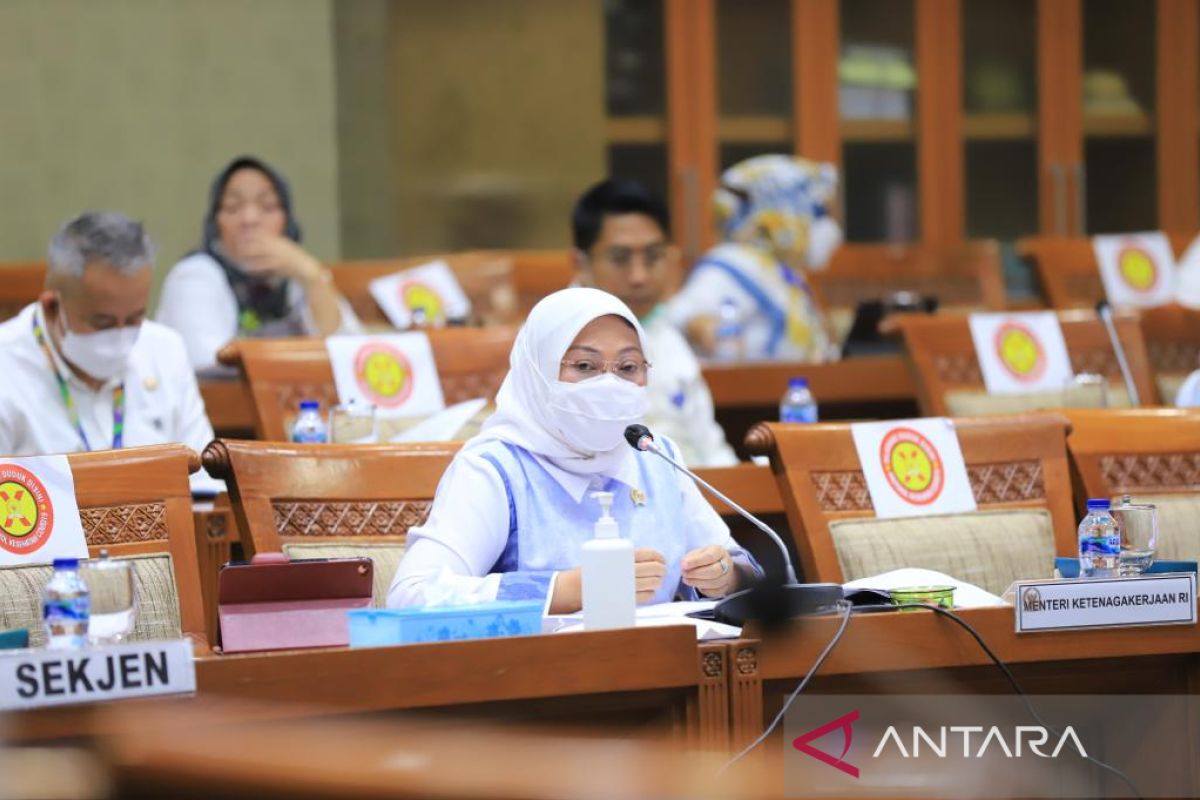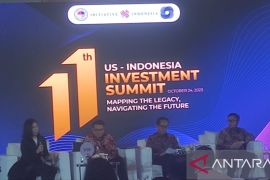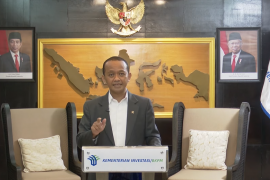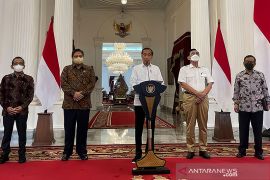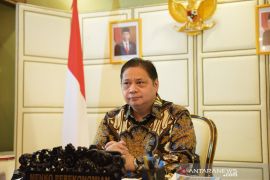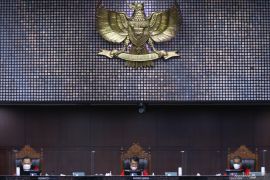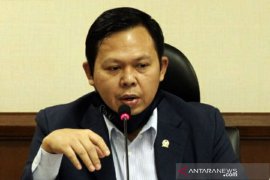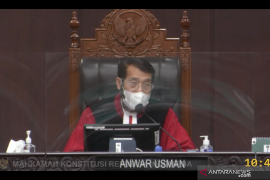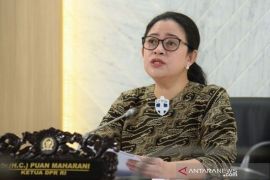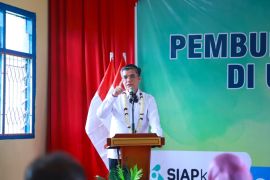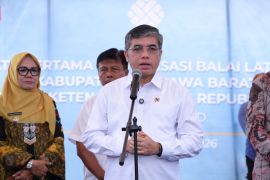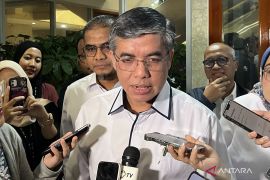Every confederation within the National Tripartite LKS (Collaboration Institution) is involved in the discussion on this law.Jakarta (ANTARA) - Manpower Minister Ida Fauziyah emphasized that Law No. 11 of 2020 on Job Creation, specifically the manpower cluster, was formulated openly and involved the public's participation.
"This public participation entails a lengthy process. Every confederation within the National Tripartite LKS (Collaboration Institution) is involved in the discussion on this law," she noted in a statement on Tuesday.
The National Tripartite LKS is a government institution comprising elements from the government, entrepreneurs' organization, and workers' union.
It is tasked with providing suggestion, advice, and opinion to the president and related parties in formulating policies and resolving problems that relate to manpower nationally.
During a working meeting with the House of representatives' Commission IX here on Monday (Jan 24), the minister explained that the government did not solely involve the National Tripartite LKS while formulating the Job Creation Law but also during the formation of the law's derivative regulations.
The document on public participation was delivered by the government to the Constitutional Court Assembly and they had confirmed the involvement of the workers' union within the forum that became the institution's representation.
During the discussion process, a group of workers had left the National Tripartite LKS forum, she remarked.
However, the National Tripartite LKS members agreed to continue consolidation for public participation to complete the Job Creation Law and its derivative regulations, she stated.
Fauziyah remarked that her ministry lauded the participation of all stakeholders within the National Tripartite LKS.
The Constitutional Court was also kept abreast of the fact that the manpower cluster is open to providing opportunities to all stakeholders.
However, not all demands from both entrepreneurs and workers were fulfilled during the law's discussion process, she noted.
Regardless, the government has striven to find a common ground between entrepreneurs and workers.
However, Fauziyah admitted to it being no easy task, given that entrepreneurs and workers had diametrically opposed interests.
"The government will exist in the middle to align these diametrical interests," she concluded.
Indonesia's Constitutional Court (MK) in November 2021 ruled that the Job Creation Law is unconstitutional and ordered the government to amend parts of the controversial law within two years.
Related news: Job Creation Law key for resolving palm oil disputes: ministry
Related news: MK considers implications of revoking omnibus law immediately
Related news: Constitutional Court rules job creation law unconstitutional
Translator: Prisca Triferna, Fadhli Ruhman
Editor: Sri Haryati
Copyright © ANTARA 2022
